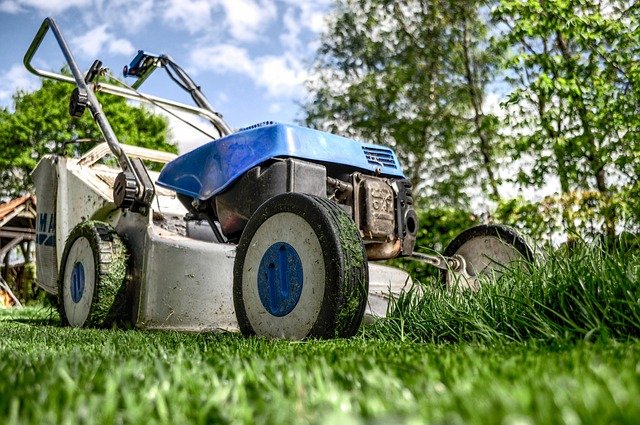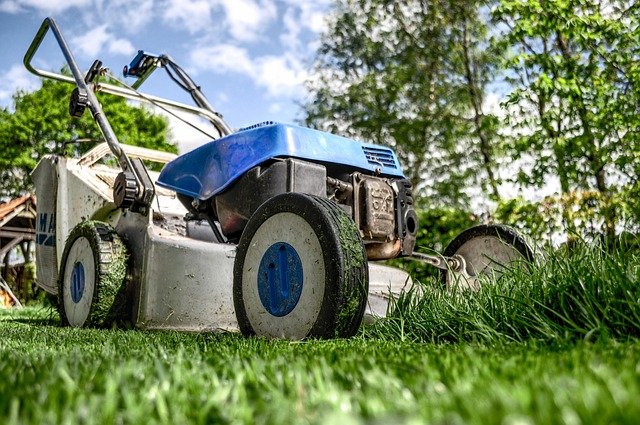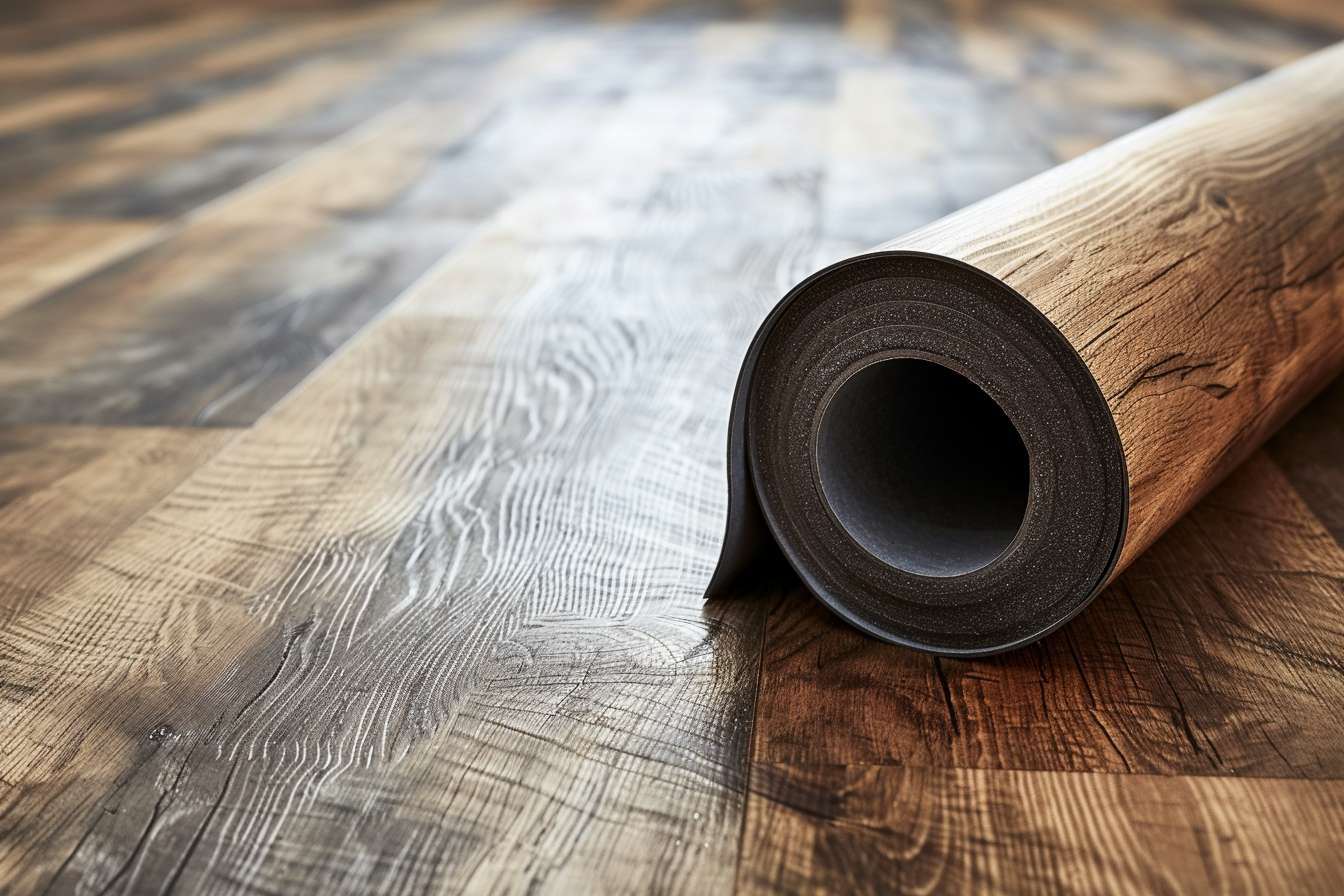Pre-Owned Lawn Mowers: Finding Reliable Options for Your Home Garden
Discover pre-owned lawn mowers for smarter gardening, offering reliable performance at a fraction of the cost. Perfect for maintaining a healthy, beautiful lawn, these mowers combine efficiency and durability, helping you achieve pristine outdoor spaces with ease.

What to Consider When Shopping for Pre-Owned Lawn Mowers
When exploring the market for pre-owned lawn mowers, several factors deserve careful consideration. First, determine the appropriate type of mower for your specific garden needs—whether that’s a push mower for smaller lawns, a self-propelled model for medium-sized areas, or a riding mower for larger properties. Examine the engine condition by checking for smooth starting, consistent running, and minimal smoke. Look for signs of regular maintenance, such as clean air filters and fresh oil. The mower deck should be free from significant rust or cracks, and the blade mechanism should move freely without excessive wear. Additionally, verify that safety features like blade control systems and automatic shut-offs function properly.
Benefits of Choosing Pre-Owned Lawn Mowers for Home Gardens
Pre-owned lawn mowers offer numerous advantages for home gardeners. The most obvious benefit is cost savings—used mowers typically cost 30-60% less than comparable new models, allowing access to higher-quality or more feature-rich machines than might otherwise fit within your budget. Many used mowers have already gone through their initial depreciation period, meaning they retain their value better if you decide to sell later. Environmentally conscious gardeners appreciate that purchasing pre-owned equipment extends the useful life of existing products, reducing manufacturing demands and keeping functional machines out of landfills. For gardeners new to lawn maintenance, pre-owned equipment presents a lower-risk opportunity to learn proper techniques and determine which features matter most before investing in new equipment.
How to Evaluate Reliability in Pre-Owned Lawn Mowers
Assessing the reliability of a second-hand lawn mower requires attention to several key indicators. Start by researching the specific make and model’s reputation for longevity and common issues. When physically inspecting the mower, check for signs of excessive wear, such as wobbling wheels or loose handles. The engine should start within a few pulls (for pull-start models) and run smoothly without sputtering or excessive vibration. Examine oil levels and quality—clean, amber-colored oil suggests good maintenance practices by the previous owner. For gasoline models, inspect fuel lines and the carburetor for signs of deterioration or buildup. Electric models should have intact cords without fraying or damage, while battery-powered options should hold a charge effectively. Request maintenance records if available, as documented regular servicing strongly indicates a well-cared-for machine.
Maintenance Tips for Reliable Pre-Owned Lawn Mowers
Proper maintenance significantly extends the life of any pre-owned lawn mower. Establish a regular schedule for basic upkeep, including cleaning the deck after each use to prevent grass buildup and corrosion. Change the oil and replace air filters according to manufacturer recommendations—typically every 25-50 operating hours for most residential models. Sharpen blades at least once per season, or more frequently if cutting thick or coarse grass varieties. Keep fasteners tight by checking nuts and bolts before each use, as vibration naturally loosens these components over time. Clean or replace spark plugs annually, and inspect belts and cables for signs of wear. For winter storage, properly drain fuel or add stabilizer, disconnect spark plugs, and store in a dry location to prevent moisture damage and ensure easy starting in spring.
Where to Find Quality Pre-Owned Lawn Mowers
Several reliable sources exist for purchasing pre-owned lawn mowers. Local lawn equipment dealers often take trade-ins and resell them after professional inspection and servicing, providing greater peace of mind albeit at slightly higher prices. Online marketplaces like eBay, Facebook Marketplace, and Craigslist offer extensive selections, though quality varies significantly and requires careful evaluation. Seasonal garage sales, estate sales, and community swap meets frequently feature lawn equipment, especially during spring and fall. Repair shops sometimes sell reconditioned models with new parts and limited warranties. Auction sites specializing in equipment liquidation can yield excellent deals, particularly on commercial-grade models being retired from professional landscaping services. Local gardening clubs and community forums may also connect buyers with sellers through word-of-mouth recommendations.
Pricing Guide for Pre-Owned Lawn Mowers by Type and Condition
When shopping for pre-owned lawn mowers, understanding typical price ranges can help identify fair deals and avoid overpaying. Prices vary significantly based on type, age, condition, and brand reputation.
| Lawn Mower Type | Excellent Condition | Good Condition | Fair Condition |
|---|---|---|---|
| Push Mowers (Manual) | £50-£100 | £30-£60 | £15-£30 |
| Push Mowers (Gas-Powered) | £120-£200 | £80-£120 | £40-£80 |
| Self-Propelled Mowers | £180-£300 | £120-£180 | £60-£120 |
| Electric Corded Mowers | £80-£150 | £50-£80 | £20-£50 |
| Cordless Battery Mowers | £150-£300 | £100-£150 | £50-£100 |
| Riding Mowers/Lawn Tractors | £800-£1,500 | £500-£800 | £250-£500 |
| Zero-Turn Mowers | £1,200-£2,500 | £800-£1,200 | £400-£800 |
Prices, rates, or cost estimates mentioned in this article are based on the latest available information but may change over time. Independent research is advised before making financial decisions.
Making the Final Decision on a Pre-Owned Lawn Mower Purchase
After narrowing down your options, conduct a thorough hands-on evaluation before finalizing your purchase. Test-start the mower and observe how it handles during operation, listening for unusual noises or vibrations. For riding mowers, test all gears and driving functions. Consider the seller’s reputation and whether they offer any form of guarantee or return period. Factor in any immediate maintenance needs or replacement parts required into your overall budget. While minor cosmetic issues shouldn’t be dealbreakers, significant mechanical problems could quickly erase any initial savings. Trust your instincts—if something seems concerning during inspection or the seller appears evasive about maintenance history, it’s often wise to continue your search rather than risk buying a problematic machine.




